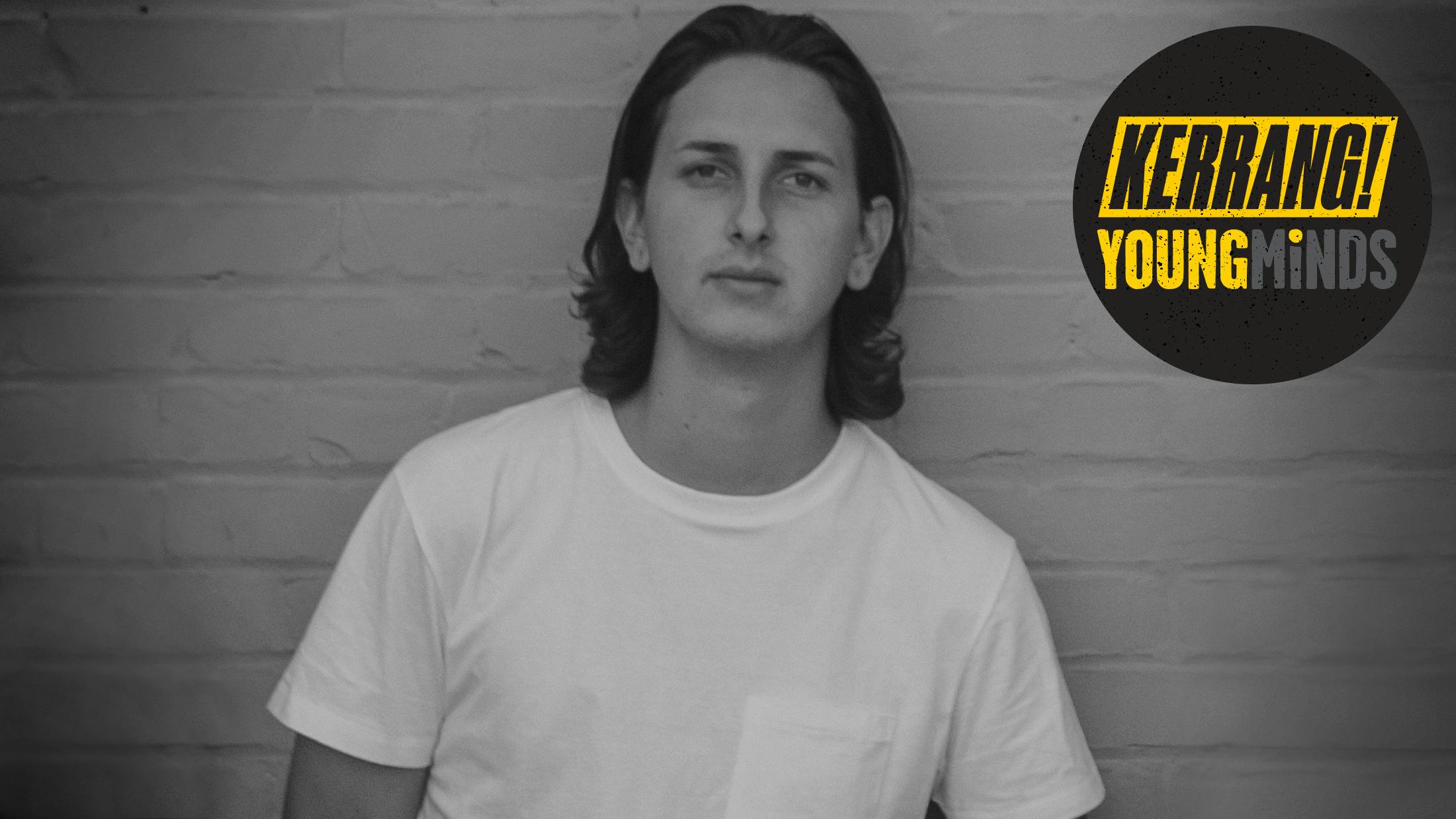Did diagnosis help?
Yeah, absolutely. It was really important for me to know that I wasn’t alone, and that this thing was diagnosable and other people feel this way. To find out there were things that could help me was great. For the longest time I just thought, “Oh well, this is how life is. I’m just going to have to deal with it, and I won’t ever feel anything other than anxious and fucked-up all the time.” So getting a formal diagnosis was super helpful. Just that solidarity you can have with another person normalises it, and you realise that loads of people go through this. That was really important for me, and that’s something I’ve always held on to. Before I got any sort of treatment, music was very therapeutic for me, and it still is. Being able to connect with certain songs based on their subject matter, hearing lyrics and going, “That’s me – they’re describing my life,” has been so important for me. It’s a reminder that I’m not alone, and that’s something I want to accomplish with Movements. I want the people who identify with our lyrics to know they’re being recognised, in the same way that bands did for me when I was younger.
That’s awesome. Speaking of your music, is there a song you can point to on your new record, Feel Something, where you talk about your mental health experiences?
80 per cent of the record deals with mental health issues, but for me, Full Circle is a strong descriptor of the cycle of my mental wellbeing. In that song, I describe the cycle of my depression, and how it’s like a circle: sometimes, you’re on the top and things are going great, but eventually, you start to come back down and there’s nothing you can do about it, until you end up at a really low point. But then, you eventually start to swing back up again – it’s like this constant Ferris wheel. No matter what, you’re going to end up back at the top, but you might have to go to the bottom before you get there. That’s how I picture my mental health: it’s not always going to be great, but once you come back around, you’ll feel better.
I spoke to Joel from The Amity Affliction about mental health recently, and he said that despite trying to move away from talking about mental illness in his lyrics, he was struggling to do so. Given it’s such a big part of Movements’ music, do you think mental health will always be a theme of your band’s songs?
Yeah, I definitely think so. My mental health and the things I go through are part of the reason why I’m capable of creating art. I use my music as an outlet and a means to talk about things I don’t necessarily like to talk about in day to day conversation. I definitely understand that feeling of wanting to break away and branch out from talking about mental illness, because it’s easy to get roped into the idea that it’s somehow ‘trendy’ to be depressed: a lot of people see bands who are genuinely talking about mental illness and just think they’re doing it to be part of a trend. But if you’re being open and honest, and writing from a real place, I don’t think it matters what your lyrical subject is. I’m always going to write honestly: if one day I just feel completely fucking stoked, and I’m not dealing with my depression anymore, then I’ll write happy songs all the time. But, honestly, I don’t think that’s ever going to happen – that’s not where my life is going to end up. And that’s not me trying to sound cynical or pessimistic, I just think that mental illness is always going to be a part of me and our music. Whether it’ll continue to make up that majority of our records, we’ll see, but I’s always going to be there, and that’s okay.
Have you got a message for anyone reading this interview who is struggling with their mental health?
Talk about it. Reach out to somebody, because there are so many people in this world who care about you, regardless of whether or not you believe it. For a long time, I didn’t believe that, but there are a lot of people that care. It’s a scary thing to talk about it, but talking is a huge step in healing. You can talk to anyone: a friend, a family member, a trained professional, a hotline – there are so many people out there ready and willing to help you. You just have to accept their help.
If you’re struggling with your own mental health, don’t suffer in silence. Talk to someone you can trust – it could be a friend, a family member, a teacher, a doctor, a counsellor or a helpline – or visit YoungMinds for more information about how to find support. If you’re passionate about improving young people’s mental health and wellbeing then take a look at all the ways you can get involved with YoungMinds’ good work here.
WORDS:
